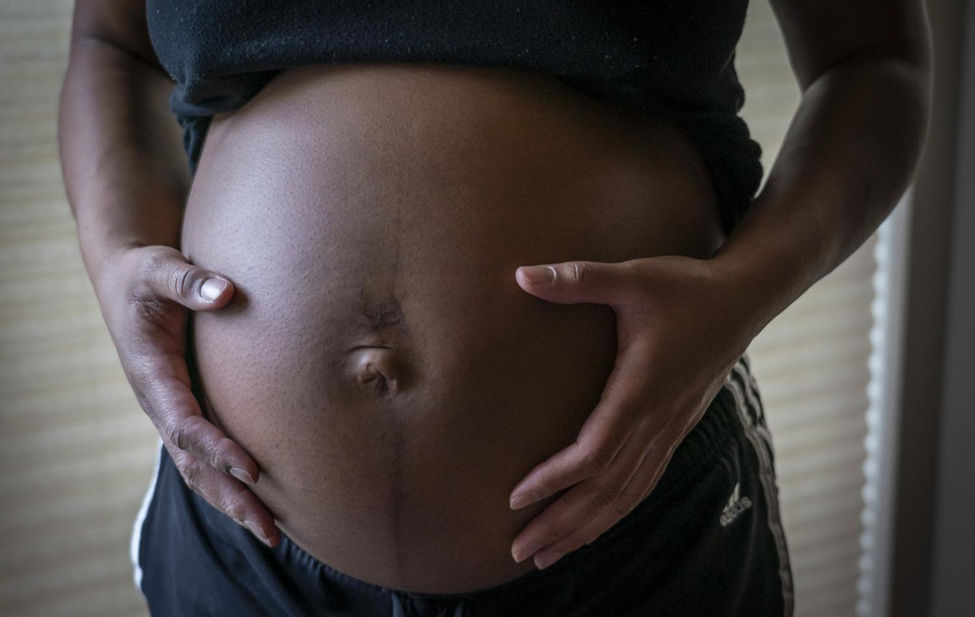Click top image to view larger and caption
Supporting Black Mothers
Virginia, United States
by Karen Kasmauski
Published January 2025
I am exploring the resurgence of the ancient art of midwifery. My goal is to illuminate the role—at times misunderstood—that these healing women play in bringing new humans into our world. Using medical expertise and calm guidance, they create safe and comforting spaces for women to give birth. Initially commissioned by the Virginia Center for Investigative Journalism (VCIJ) and financially supported by a Pulitzer Center grant, I explore the practices of midwives in different cultural and geographical contexts, hoping to connect past and present, shedding light on how integrating traditional and modern birth practices can enhance maternal health and empower women.
Today, despite increasing advocacy for women’s autonomy in childbirth, midwifery remains underutilized in the United States. In contrast, midwives are integral to childbirth in many industrialized nations. Countries with higher midwifery involvement have much lower maternal mortality rates compared to the United States. The maternal mortality rate for Black women is approximately three times higher than that for White women. In the rural United States, women face increasing difficulty finding care from doctors. Nurse midwives could fill these maternal health deserts.
Karen Kasmauski
Karen Kasmauski is a filmmaker, photographer, project manager, and educator.
Karen and her husband, Bill Douthitt, started Little Black Dog Productions to advise companies and NGOs on producing visual communication strategies and effective storytelling on global health and global change issues. They assembled a skilled team of writers, designers, and editors to produce her award-winning book “NURSE: A World of Care” which explores global issues facing the nursing profession and was nominated for the Pulitzer Prize. Karen’s previous book “IMPACT: From the Front Lines of Global Health” examines the causes of infectious diseases throughout the world. Former President Jimmy Carter wrote introductions for both books. Karen was a director of the 2015 documentary film “Fall Seven Times, Get Up Eight—The Japanese War Brides” which aired globally on BBC.
During her two decades as a National Geographic photographer, Karen produced 25 major stories for the magazine on topics including Human Migration, Viruses, Aging, and Genetics. Most were based on ideas that she originated and proposed.
Karen’s travels have taken her from the rainforests of Malaysia to the megacities of India to the North Slope of Alaska. She has covered earthquakes in Japan, been arrested in Africa, and exposed to radiation in Russia.
After receiving a Getty Images grant to produce a video on the struggles of an environmental nonprofit group, Karen was awarded a Knight Fellowship to study at Ohio University, where she received an MA in Visual Communication.
As an educator, Karen leads photography tours for National Geographic and other clients in locations ranging from Antarctica to New Guinea to the Galapagos. She teaches classes on video storytelling, photojournalism, and news writing at George Washington University, the Corcoran School of Art, and George Mason University. She frequently speaks to corporate and non-profit organizations on global health issues. Karen’s photographs have been exhibited at the United States Congress, the Centers for Disease Control and Prevention, the National Academy of Sciences, Emory University, and the National Geographic Society.
Karen is currently developing an in-depth environmental project and completing a new book.
















